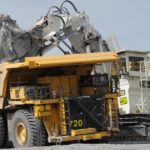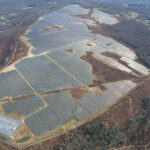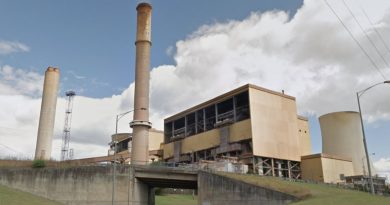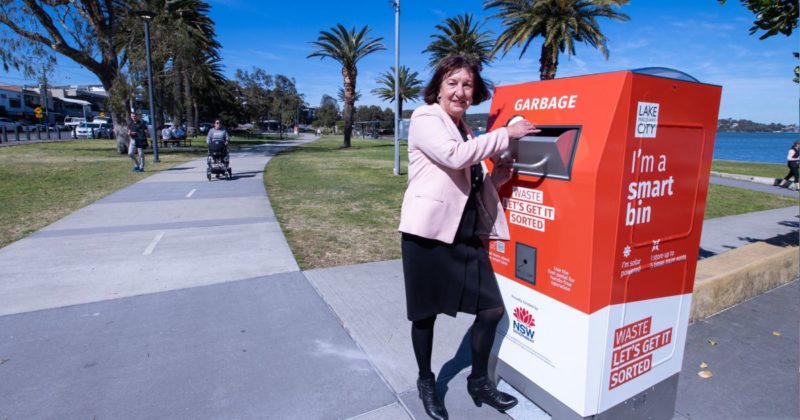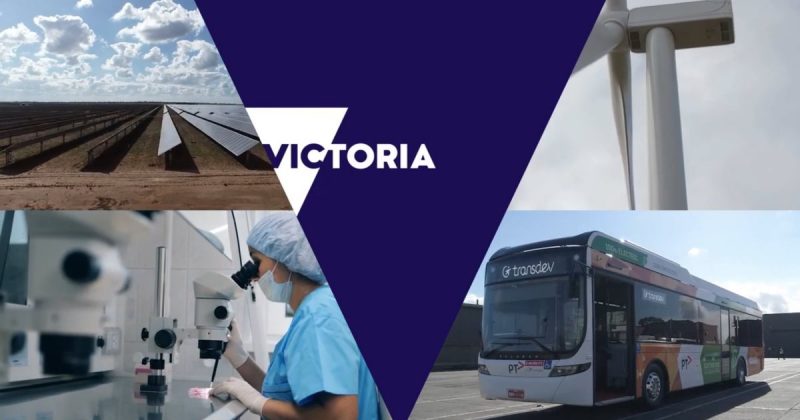Hume Coal Mine Project Approval Denied
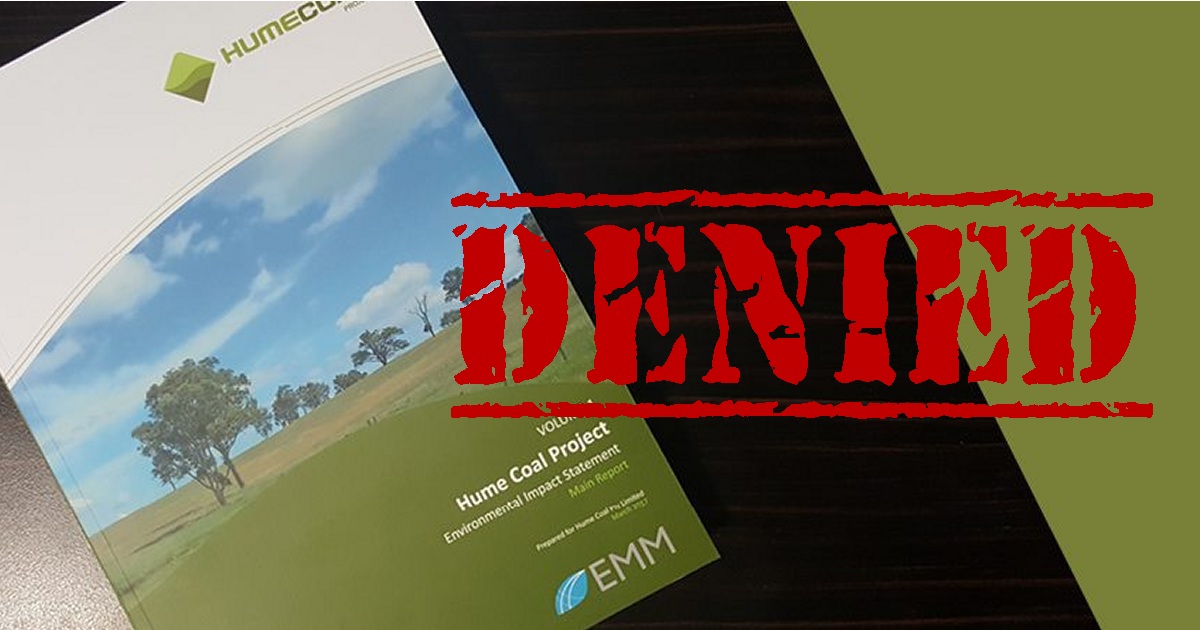

People power has helped put the final nail in the coffin for a proposed new coal mine in New South Wales’ Southern Highlands.
Hume Coal Pty Ltd has been chasing approval to rip approximately 50 million tonnes of coal over 23 years from a new underground mine to be situated 7km northwest of Moss Vale. The project also includes a rail element to ship the problematic black rock to Port Kembla.
According to Hume Coal, the coal would have been primarily supplied to domestic consumers for production of steel, cement and energy; but it seems a significant amount would have also headed overseas. 400 full time jobs were to be created during construction and 300 full time positions once the mine was operational.
While creating a jobs bonanza, the mine saw significant opposition from locals and the broader community. Overall, 82.9% of the total submissions received in both the written submission periods and in the verbal submissions at a public hearing objected to the project.
Among the many concerns expressed:
- groundwater drawdown
- risks to surface water, including to Sydney’s drinking water catchment area
- local biodiversity impacts
- greenhouse gas emissions
- impacts to Aboriginal and historic heritage
- noise, aesthetics and air quality
- land use compatibility
On the emissions side of things, it was estimated ventilation gas, diesel/petrol use, upstream electricity, downstream fuel and electricity, downstream thermal and coking coal use would have generated 106,657,050 tonnes of carbon dioxide equivalent over the life of the project. And that was based on Hume Coal’s estimation.
Among its greenhouse gas mitigation commitments, Hume Coal said it would use as much renewable energy sources as possible to provide electricity to its operations and would use solar power and battery storage for the project’s Administration block. Oh, and tree planting offsets.
However, Scope 3 emissions from downstream users burning the coal were predicted to account for approximately 98% of the total greenhouse gas emissions of the project.
Risks Too High
Yesterday, the IPC released its determination, stating that potential impacts of the project are too great to be reasonably managed, and the social risks to the community are high.
“The Commission ultimately finds that the stated benefits of the Project do not outweigh the adverse environmental, social and economic impacts,” says the IPC’s Statement of Reasons for Decision.
The Commission found the project’s incompatibility with the land use objectives for the area alone was reason enough for refusal, and this was compounded by groundwater and social impacts. It also noted the project’s greenhouse emissions make it inconsistent with regional objectives for the promotion of sustainable development.
People Power Pushing Coal Out The Door
The Hume Coal saga, which has been going on since 2017, ended with a positive result thanks in part to people power. That thousands in the community took the time to register their objections no doubt played a very important role in the IPC’s decision.
A driving force behind the campaign to topple the project was a group called “Battle For Berrima“, a politically non-aligned community organisation established after Hume Coal signalled its intentions.
“Our aim is to protect both the Southern Highlands and our shared water catchment from the unacceptable risks to our water, air, environment, flora & fauna and existing long term jobs and sustainable economy.”
And it would seem on this front, Battle For Berrima has achieved its goal.
A message posted by the group to its Facebook page last night states:
“We would love to be celebrating with you tonight. Throughout, we engaged with the government planning process respectfully. Thank you everybody for your support, donations, volunteering and commitment. Hopefully, once lockdown is over, we can celebrate together. A massive THANK YOU to everybody”
Generally speaking, another important action helping to push coal out the door in Australia powered by the people is the uptake of home solar power. The significant financial benefits of going solar aside, each kilowatt-hour generated from rooftop solar panels is one less kilowatt-hour that can be generated by coal or gas.
Original Source: https://www.solarquotes.com.au/blog/hume-coal-denied-mb2139/





